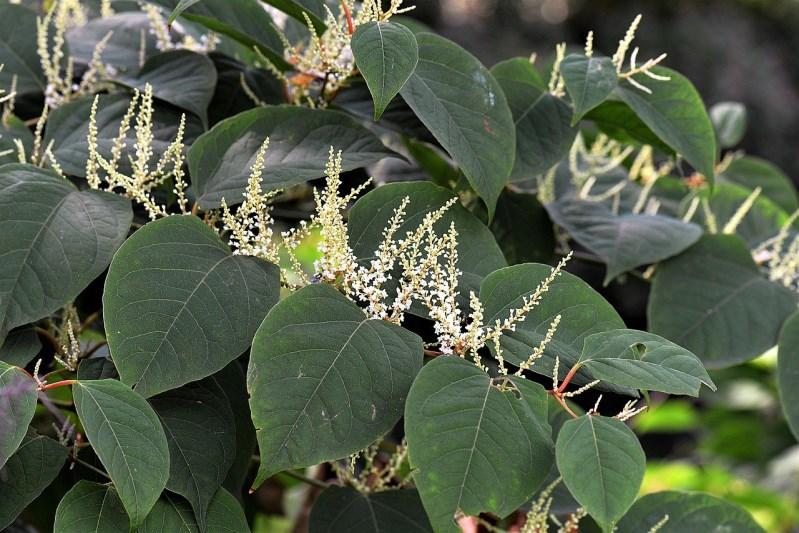
5 minute read
In Your Garden Arundel Castle gardens
36 Gardening
In Your Garden Monthly gardening ideas and tasks by Andrew Staib, Principal Designer of Glorious Gardens
Advertisement
Fairy Tale Gardens
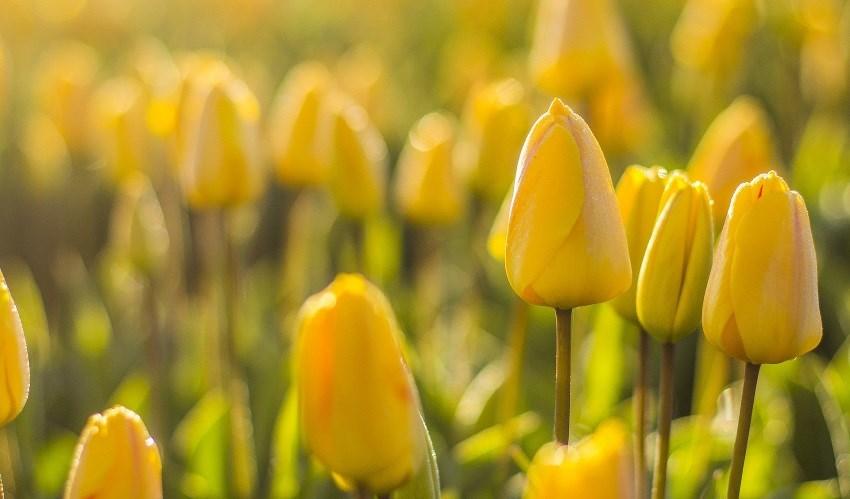
Exquisite is the only word to describe the Arundel Castle Gardens. From the tropical beds, the vegetable areas or the newly renovated wilderness down by the lakes, the castle gardens join seamlessly a variety of styles and landscapes. Of course the well-proportioned, fairy tale looking castle helps but it is also the rolling hillocks, winding paths and secret rooms that give the gardens an exploratory and fascinating atmosphere. Much of the recent inspiring originality is due to the passionate endeavours of Martin Duncan, Head Gardener for the last 10 years. He takes me on a tour and I can barely keep pace with his lanky strides as we move from area to area. He takes time to greet his staff and make sure they are ok. It becomes clear that his wish to develop the gardens further points to an artistic sensibility. Everywhere is evidence of his projects. have also created the first Tulip labyrinth in the world. In the new English orchard over there, we have planted white and yellow Apeldoorn tulips that will combine with blue Camassia bulbs. And here we have the Stumpery - I created this a few years ago”. We look at giant tree stumps turned upside down with a host of Euphorbias, Ferns and Echiums sprouting from the gaps in the arches of the roots. It looks prehistoric but oddly suits the gothic looking Arundel Cathedral, which serves as a backdrop just 25 metres away. This area joins the tropical beds which, given Martin’s Zimbabwe origins, is a feast of well researched and successfully growing palms, tropical shrubs and ground cover. There are huge pollarded Paulownia trees, the Sapphire Dragon tree, plus Catalpas and Chinese Cabbage palms. We walk to the back of this area and come across a thatched hut. Again a structure like this could potentially look out of place but it is a natural fit amongst the vegetable parterres and sculptural Yew hedging. “We aim to build another of these down at the lakes

“We have the Tulip Festival in April. There will be over 60,000 tulips and each year we are adding more. We
through the door
Gardening 37
and use it as an educational space.” Martin’s fine features light up and he strides on to the next area. “This is one of my favourite areas. We have dredged the lakes, cleared some undergrowth and now are introducing all sorts of species here, including 1500 water plants.” Two swans swan by an unblemished, holy white against the dark waters. They stick their heads deep under the water. Martin fetches some grain and gives them a couple of handfuls. He ruminates on his garden design philosophy.

“Good structure is everything, like Box hedging, holding back the cascade, typical of the English Cottage style. And a garden needs a strong backdrop, then everything else will look good. Soil is vital, get it right,

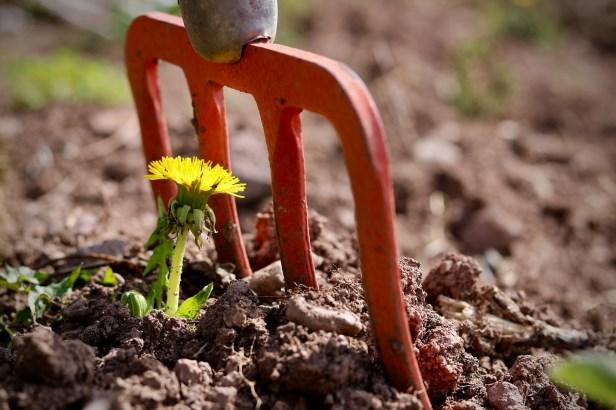
and most things will thrive.” Amidst TV documentaries and meetings, Martin still manages to physically tend the garden half the day, next to his team, in whose growth, he takes as seriously as the plants under his care. “Each staff member has an area of responsibility so that they not only know what needs doing but can increase their knowledge”.
I ask Martin, a Kew Guild Medal winner in 2018 for his services to horticulture, what is the secret of his success. “Hard work and knowledge.” says the man who has worked throughout the world on prestigious gardens. He seems just as content weeding a vegetable bed to making beautiful detailed sketches of tulip displays for Autumn planting. These he will hang up in his office for future reference and show the owners of Arundel Castle, the Duke and Duchess of Norfolk, who have keenly supported the forwardthinking developments that have taken place in the gardens over the years. He never stops learning. Throughout our walk he drops little gems of insights. “2 tablespoons of Epsom Salts mixed into a watering can will feed 8 roses….do this three times a year….Apeldoorn tulips are


38 Gardening
one of the best ones for surviving the Winter and coming back each year… keep a natural flow to borders… you can vary the height of your perennials, it doesn’t have to be perfect.” We finish our tour with tea served in proper china in his kitchen on the Estate. Elegant and practical, like the gardens under his watch. Martin’s relaxed and passionate personality will continue to make a mark on what is one of West Sussex’s most intriguing spaces. Where to visit in March High Beeches Gardens, Sussex. This is a 25 acre garden, which is a botanical treasure trove that includes historic Magnolias. Laid out by the Loder family, but inspired by Victorian horticulturist William Robinson’s wild garden style, is it really worth going to when all the plants are coming into leaf. It is open every day except Wednesday, 1pm -5pm. 01444 400589. And don’t forget the Tulip fair at Arundel Castle on the 1st April 2020.
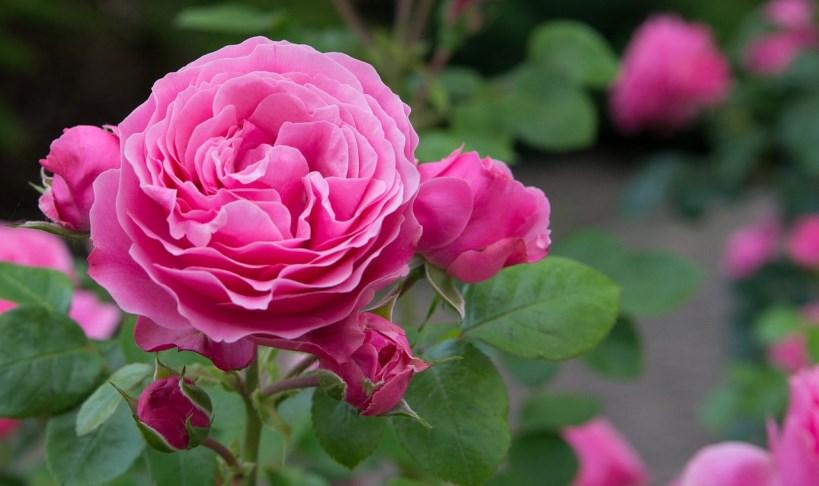

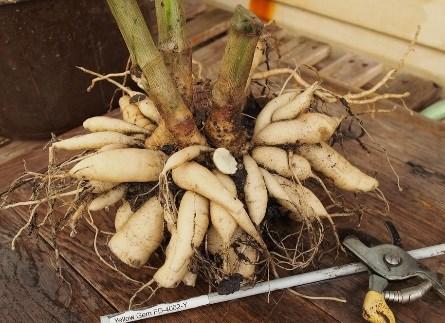
Apart from being busy in the vegetable patch; what else to do in March. • You can give shrubs like Cornus and Salix a hard prune back - look on the RHS website to see how ruthless you can be! • If the water starts warming up you can start feeding the fish. • If you haven’t finished pruning your roses now is the last time to do them before they come into leaf. • Lastly, look up summer flowering bulbs and tuber plants such as Dahlias. They can be planted now. March tasks
through the door










